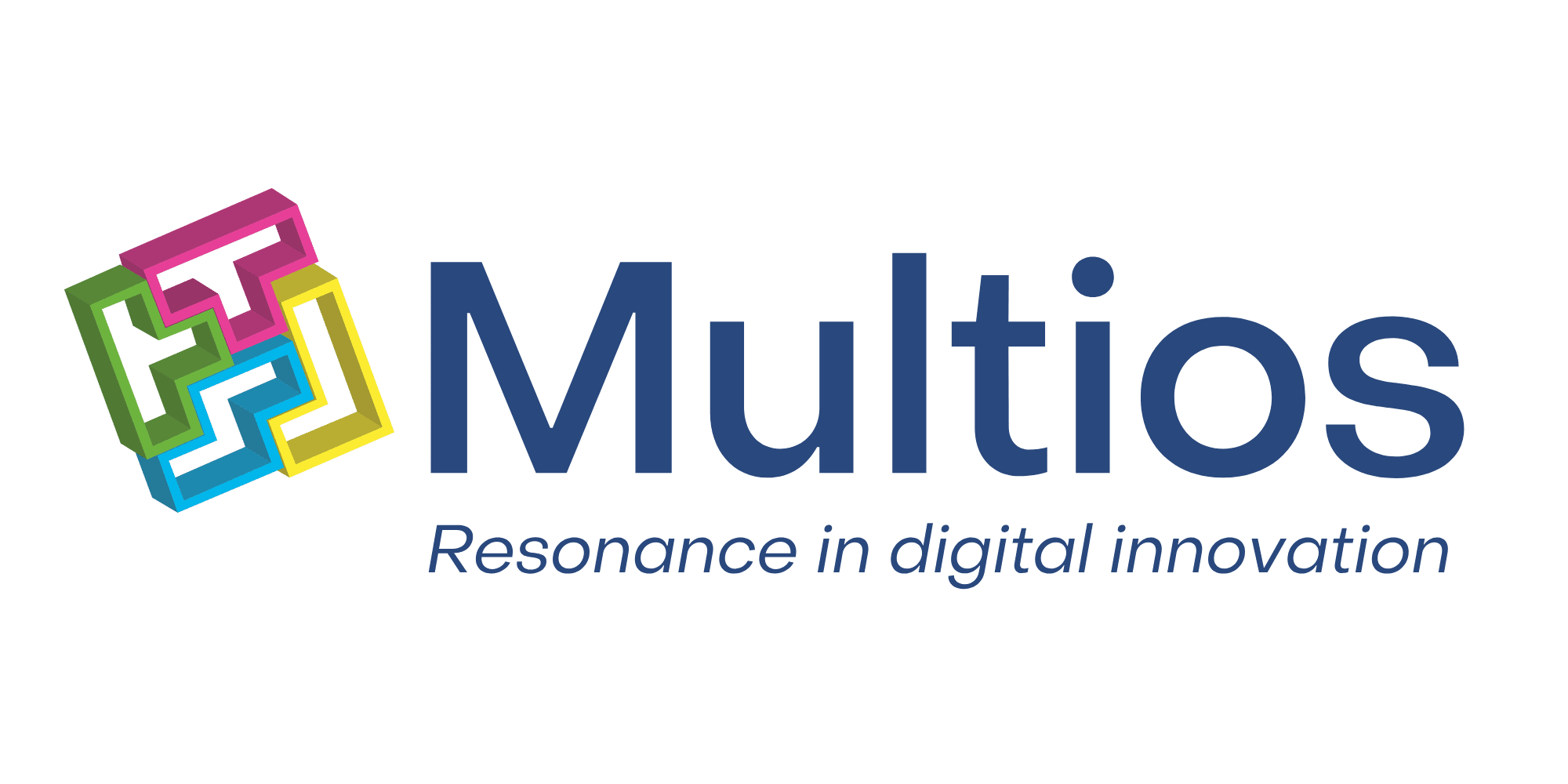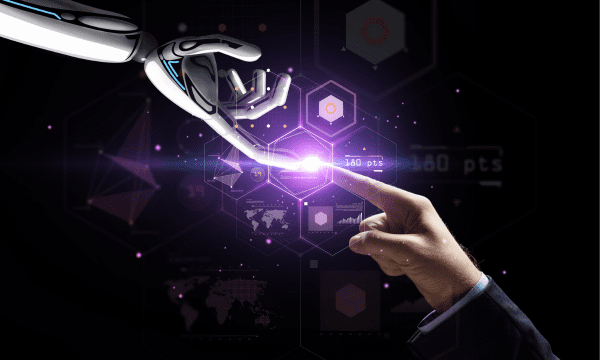The impact of AI on employment
Artificial Intelligence is generating a lot of concern about jobs. Is this justified? I'd like to say ... maybe.
It all depends on the profile of the workers and the objectives of the managers!
AI has many benefits for workers
It will save time, open minds, reduce redundant and energy-consuming tasks, improve skills and optimize processes.
- Tenfold learning speed
- Generating new ideas
- Reduce time spent on certain tasks (e.g. drafting standard e-mails)
- Productivity gains for AI-enabled workers
- Retaining talent through a more rewarding and effective role
- Sense of purpose and meaning for "results" oriented profiles
- Decision support to reduce the risk of human error, and reduce pressure and mental workload
AI, like computerization in general, will also have an impact on recruitment. Criteria could be modified, giving greater hiring opportunities to profiles with less formal education but possessing the soft skills essential to an organization undergoing digitalization, for example, willingness and ability to adapt and evolve, open-mindedness, agility, etc. In fact, AI could partially "compensate" for certain skills and knowledge, but in no way compensate for people's cross-disciplinary and intrinsic skills.
Risks and disadvantages for workers
Workers face several risks and disadvantages associated with the integration of AI into the workplace.
Technological breakthrough for "bordeline" profiles:
The constant integration of technological advances exposes professional profiles at the frontier of IT skills to the risk of becoming obsolete. This can lead to the loss of experienced workers who are less familiar with the company's new IT processes.
Feeling of uselessness for profiles focused on "quality of means implemented":
Workers who focus on process quality rather than end results may feel a sense of uselessness. Results-driven AI could make these profiles less central, creating a disparity between resources deployed and results achieved.
Resistance to changes that can slow down implementation :
Some staff members may resist AI-induced changes, which can lead to delays in implementing new technologies. This resistance can also generate a climate of tension within the company, hindering healthy and positive evolution.
Are fears for jobs well-founded?
Artificial intelligence (AI) has not (yet) reached the level of truly "human" intelligence. This is sometimes characterized by a lack of discernment and a lack of "human" management in aspects such as management and collaborative work.
However, it is important to note that AI can make a significant contribution to improving worker productivity. This increase in productivity translates into greater profitability for companies, generating higher margins.
The financial benefits derived from these higher margins play a crucial role in companies' ability to sustain the constant wage indexations observed in most sectors. Consequently, this enhanced profitability plays a key role in maintaining jobs and social gains.
Ultimately, the impact of these wider margins extends beyond the immediate economic aspects. They have a positive influence on the overall viability of companies, helping to preserve long-term employment opportunities.
Will AI have a significant economic and social impact?
The significant economic and social impact of artificial intelligence (AI) is a crucial issue, especially in the Belgian context, where labor costs exceed the global average. To maintain its competitiveness, Belgium needs to focus on higher productivity and quality than its neighbors. AI is emerging as a potential means of compensating for this current deficit.
Increased productivity through the integration of AI, also offers the possibility of allocating the time thus saved to key initiatives such as business development and overall structural optimization. This intelligent redistribution of time can then have a significant impact on the company's profitability, contributing to its long-term viability.
In an ideal world …
Many workers aspire to a better work-life balance. Artificial intelligence (AI) could play a key role in bringing about this desired change.
Indeed, if AI makes it possible to increase worker productivity, reaching 140% for example, it becomes conceivable to free up time without impacting remuneration. An employee could thus complete 80% of his contractual hours while generating production equivalent to 120%.
This approach could benefit workers and managers alike, both economically and socially. AI, as an IT tool, would thus be a means of optimizing, accelerating, streamlining and securing processes.
For the positive impact of AI to be tangible in the long term, both economically and socially, it's imperative that its use is thoroughly researched. Make sure you carry out a prior analysis and anticipate to organize and support the use of AI within your company and among your workers.
Shareholders must avoid repeating past mistakes by seeking to maximize dividends. This approach has limits and negative long-term impacts. Current values, such as social and ecological respect, can mitigate the risks associated with AI to ensure the long-term viability of companies.

Linsay Leroy – CEO at Multios
Did you like this article 💡 ? We'll be right back with our next topic
Follow us on Linkedin for even more news at 👉🏻 Newletters



